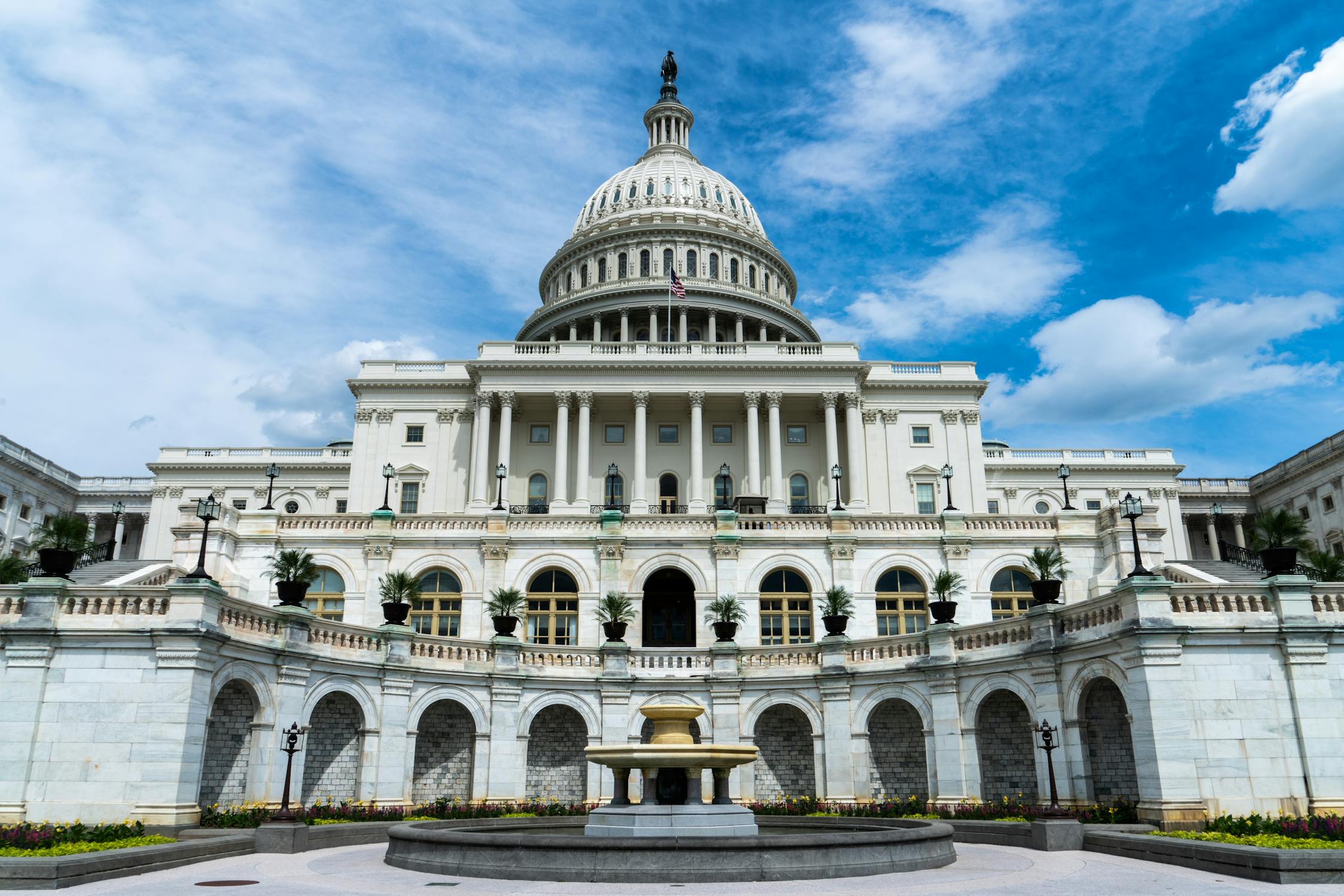The following is an opinion piece originally published in LNP on Sunday, July 17, 2023. Read on LNP
There are rarely times when our work is easy. Our mission of eliminating racism and empowering women is a generations-long movement, pioneered by countless Black women and women of color who endured hurt, setbacks, but also joy, so we could continue their legacy and work for a just future.
When times are especially challenging, as they have been this past month–when I had to explain to staff that they are losing their jobs because of political tactics completely divorced from the exemplary work they’ve done for the past 15 years— I look to the voices of our community, and our history, for guidance and wisdom.
I’d like to share with you two quotes that have stuck with me these past few weeks.
The first was a letter addressed to me last month. In it, a community member began their message:

At first, I was confused.
Is it “extreme” to work to empower all women, their children, and families in Lancaster County? Is it “extreme” to partner with businesses, organizations, and individuals across the community to eliminate racism and make our community more welcoming for all? Is it “extreme” to work every day to ensure that women in need have affordable housing, and quality childcare for their families?
If the answer is yes, then we have been “extreme” since 1889.
Through generations of social change and responding to community needs, our mission has focused on peace, justice, freedom, and dignity for all.
And in reflecting on that, I was reminded of another quote: one from YWCA Magazine (yes, there once was a YWCA Magazine!) published in June of 1968. Miriam Heckman writes,

The piece is titled “Openness Hurts”.
And there it was. The “hurt” this letter-writer spoke of, though perhaps not the “hurt” that they intended.
For us at YWCA Lancaster, hurt—and the work of naming it, centering it, and healing it—is part of our mission, and our legacy of fighting injustice in Lancaster County.
There are articles all throughout the magazine that both inspire for their forthrightness and dishearten for how little has changed, with titles like “Turning Preachment into Practice”, “Citizen Responsibility and Police Accountability”, “A Crisis in White Leadership”, and on. No matter how far we have come, it’s hard not to feel as though we continue to face the same obstacles over and over.
We have worked in this community for generations, challenging our leaders—and ourselves—to build a more equitable Lancaster County, even when we fall short of the mark. This has looked countless ways, from pressing local hotels in Lancaster to allow Black delegates to our regional conference to use their facilities in the mid-1950s, to the systemic work of keeping families intact through the court system or supporting victim survivors as the County’s Rape Crisis Center.
And while the work has sometimes “hurt”, our community and its residents are too important, and our mission too vital for our future, to stop or even pause, even when politics tries to obstruct us.

We need to be clear about the issues before us:
We cannot grant partisan actions the ability to chill the work of organizations that are vital to our community.
We cannot allow the definition of “extreme” or “political” to be weaponized against work that has, for generations, been endorsed by all: voter registration, supporting women and families, and more.
We must remain fearless and lean into our strength in pursuit of our mission.
That is our promise—my promise—to you: to keep working until the mission is met.
But we don’t do this alone.
Openness doesn’t have to hurt. It is an opportunity to hold our community—and ourselves—accountable; a chance to continue to learn with you and from you, and to earn trust from our community with each new generation, as we have for more than 130 years.
So I’m going to be open, and ask that you will join our mission: support our work with a donation of funds, your time, your ideas, or your expertise. There is no gift that is too small, because each of us is needed to move our community towards a just future. A monthly donation of any amount would be invaluable to help support our work moving forward.

We believe that Lancaster can live up to its promise of being a great place to live, work, and raise a family for everyone. And to do that, we must work together to challenge the systems that perpetuate inequity. We must lean into our collective strength, even as others falsely call us “extreme”. And we must hold ourselves to a standard of openness and transparency.
Thank you for continuing to support YWCA Lancaster through the hurt, and through the joy; through the challenges and the opportunities; through generations, and onward towards a just future.

Support our work today with a monthly donation today:





























 Throughout its time here, the Parent Empowerment Program has supported more than 500 families in their journey towards remaining intact or being reunited. In the previous year alone, 73 families successfully completed the court-mandated program.
Throughout its time here, the Parent Empowerment Program has supported more than 500 families in their journey towards remaining intact or being reunited. In the previous year alone, 73 families successfully completed the court-mandated program.










